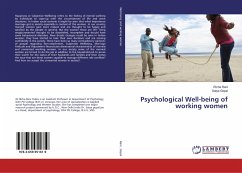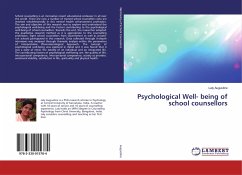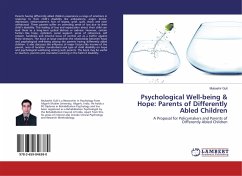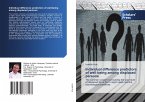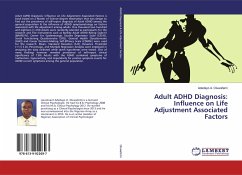Data were collected from the graduate students of six faculties in a Malaysian university. Descriptive statistic was used to describe students' demographic information (faculty, age, race, semester of study, gender, marital status, employment status and family size). And correlational Study design was utilized in this study to determine the extent to which research variables (respondents' cognitive emotion regulation, social support and physical activities) related to students' psychological well-being. The findings support the fact that planning is the most influential dimension of psychological well-being. In addition to planning, other variables (such as catastrophysing, reappraisal, walking, friend support, other blame, self-blame, acceptance and significant others) influence graduate students' psychological well-being.
Bitte wählen Sie Ihr Anliegen aus.
Rechnungen
Retourenschein anfordern
Bestellstatus
Storno


